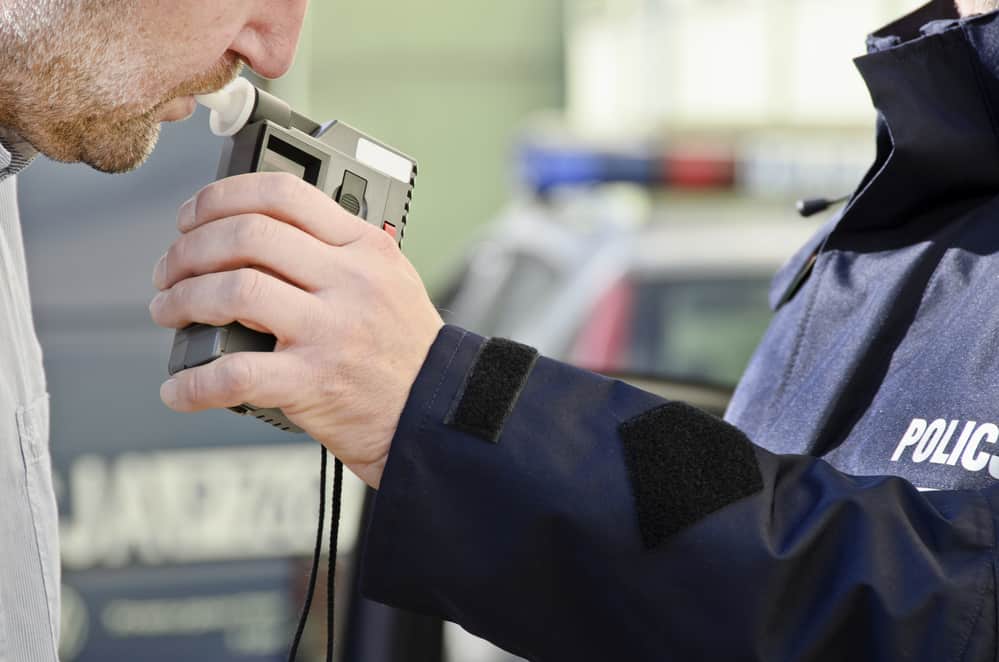
Facts About the DWI Process
A DWI arrest can haunt an individual for years to come since the fines and repercussions last far longer than a jail sentence. It’s helpful to know a few things about DWI before, during and after the arrest in order to reduce the odds of being found guilty of one.
Before the Arrest
Drivers who register .08 or higher on a breathalyzer test are considered to be intoxicated under Texas law. For most people, this equates to about three or four mixed alcoholic beverages. The amount can be much less for a smaller person or an individual who does not have a high tolerance for alcohol. Blood alcohol levels continue to rise for some time after drinking. This means that a driver who is under the legal limit could nonetheless be in violation a short time later even if he or she has stopped drinking. The best course of action is to always designate a driver before having a few drinks.
During the Traffic Stop
Police officers must have probable cause to believe a law has been violated before making a traffic stop. Citizens do not have to make any statements to the police or allow them to search their vehicle. Even so, officers are allowed to seize anything that is in plain sight, including open containers of alcohol. It’s important for those who are stopped to remain calm and cooperate by providing their driver’s license, vehicle registration and proof of insurance.
An officer may ask a driver to get out of their car if he or she smells alcohol or otherwise observes signs of intoxication. This is normally done in an effort to conduct field sobriety tests. Completing these tests is voluntary; however, failure to do so can result in that person being detained at a police station where chemical testing is likely to take place.
When Detained or Arrested
Before an officer can administer a breath or blood test to check for alcohol, the suspect must be informed of Texas’ implied consent laws. These laws state that by operating a motor vehicle, drivers are giving the state consent to complete chemical tests to check for alcohol. Individuals should also be informed that refusing to cooperate will result in their license being suspended for one year.
Those who are arrested should be given Miranda warnings before being booked into the jail. They have the right to be informed of the charges against them, and this is normally done at an arraignment hearing that takes place within 72 hours.